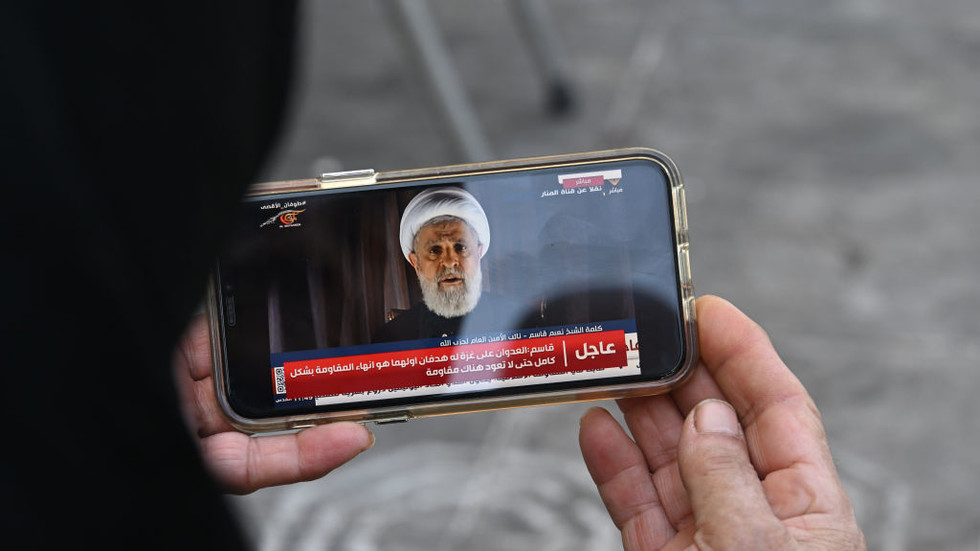Hezbollah has officially appointed Sheikh Naim Qassem as its new leader following the death of its previous leader, Hassan Nasrallah, due to an Israeli airstrike. Reports from Al Jazeera and Al-Arabiya confirm that Qassem, who had been functioning as the group’s acting leader since Nasrallah’s death, has been selected for his unwavering commitment to Hezbollah’s ideological principles and objectives. This leadership shift coincides with a tumultuous period for Hezbollah, as it faces significant military pressure from Israel.
Sheikh Naim Qassem, 71, has been a prominent figure within Hezbollah and has held the title of deputy leader for multiple years. He is recognized as one of the founding scholars of the group since its inception in the early 1980s. His experience and long-standing involvement in Hezbollah’s operations make him a fitting choice for the leadership role, particularly at a time when the organization is navigating complex challenges. Earlier this month, he also expressed support for a ceasefire with Israel, indicating a potential shift in the militant group’s approach amid the ongoing conflict that has escalated since Hamas’s surprise attack on October 7 last year.
The conflict between Israel and Hezbollah has witnessed increased hostilities, especially after Israel initiated military operations targeting Hezbollah in southern Lebanon through Operation Northern Arrows. This sustained military campaign has led to significant losses for Hezbollah, including the deaths of its top military figures, as claimed by the Israel Defense Forces (IDF). The ongoing exchanges of fire underscore the volatility in the region and highlight the risks both groups pose to each other as hostilities continue.
Nasrallah’s recent killing has left a notable power vacuum within the organization, raising concerns over its future trajectory and leadership dynamics. His potential successor, Hashem Safieddine, was also eliminated shortly thereafter, further destabilizing Hezbollah’s command structure. Sheikh Qassem’s appointment reflects an urgent need for stability and continuity in leadership within the group as it confronts external threats and internal challenges.
Since the initiation of Israeli operations aimed at curbing Hezbollah’s influence, Qassem reportedly moved to Tehran in early October as a precautionary measure against potential Israeli attempts at assassination. His relocation highlights the high stakes and precarious conditions that Hezbollah leaders face in light of the escalating conflict. In the face of these challenges, Qassem’s leadership will be pivotal in guiding Hezbollah’s strategy and responses to further Israeli actions.
As Hezbollah enters this new chapter under Sheikh Qassem’s leadership, crucial decisions will need to be made regarding military engagement and diplomatic positioning. The dynamics in the region continue to evolve, and how Qassem navigates these challenges will determine Hezbollah’s resilience and potential future influence both in Lebanon and the broader Middle East. The repercussions of these developments may be significant not only for Hezbollah but also for the Israeli-Palestinian conflict and regional stability as a whole.

